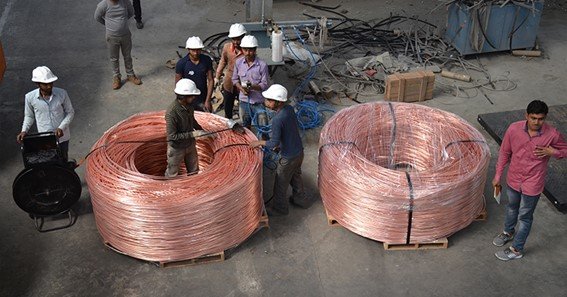KEI Industries is one of the leading players in the electrical cable manufacturing industry. A crucial factor in its success and global expansion is the role of KEI Industries subsidiaries. These subsidiaries, joint ventures, and associated companies contribute significantly to the company’s growth and market reach. In this article, we’ll explore how KEI Industries subsidiaries are shaping the future of electrical products and enhancing the company’s presence in key sectors.
What Are KEI Industries Subsidiaries?
The subsidiaries of KEI Industries play a critical role in driving the company’s business across various sectors. These subsidiaries help KEI Industries tap into different markets, diversify its portfolio, and strengthen its position as a leader in the electrical products space.
KEI Industries Subsidiaries List and Business Divisions
The KEI Industries subsidiaries list includes several key businesses that focus on different aspects of cable manufacturing and electrical solutions. These business divisions operate across multiple sectors, including power, construction, and infrastructure development. Each subsidiary contributes to the company’s overall growth and financial stability by focusing on niche areas within the industry.
KEI Industries Group Companies and Joint Ventures
KEI Industries group companies are part of the company’s strategy to expand its global presence. Through strategic joint ventures and partnerships, KEI has been able to collaborate with other global players in the industry. These partnerships ensure that KEI Industries stays competitive and continues to offer innovative electrical solutions across the globe.
KEI Industries Ownership Structure and Corporate Strategy
Understanding KEI Industries ownership structure provides insights into how the company operates. The subsidiaries, along with the parent company, form an integrated network that shares resources, technologies, and expertise. This corporate strategy ensures that the entire organization functions smoothly, while each subsidiary focuses on its specific business division.
Global Presence Through Subsidiaries and Partnerships
KEI Industries has a strong global presence thanks to its subsidiaries and partnerships. These associated companies enable KEI to reach international markets, providing electrical products and solutions tailored to different regional needs. The company’s partnerships and collaborations further enhance its ability to innovate and adapt to the ever-evolving electrical products industry.’

Conclusion
KEI Industries subsidiaries are an integral part of the company’s success. By leveraging these subsidiaries and business divisions, KEI Industries has managed to expand globally, diversify its product offerings, and stay ahead of the competition. As the electrical industry continues to evolve, KEI Industries and its subsidiaries are well-positioned to shape the future of electrical products.
FAQ
- What are the key subsidiaries of KEI Industries?
- KEI Industries operates through various subsidiaries, each focusing on different areas of the electrical products and cable manufacturing industry.
- How do KEI Industries subsidiaries contribute to the company’s success?
- The subsidiaries help KEI Industries expand into new markets, diversify its product range, and strengthen its global presence.
- What is the ownership structure of KEI Industries?
- KEI Industries operates under a corporate structure where the parent company oversees the subsidiaries, which focus on specific business divisions within the electrical industry.
- What role do partnerships and joint ventures play for KEI Industries?
- KEI Industries joint ventures and partnerships help the company collaborate with other global players, ensuring innovation and competitiveness in the electrical products market.
- What sectors do KEI Industries group companies serve?
- KEI Industries group companies and subsidiaries serve multiple sectors, including power, construction, and infrastructure development.
